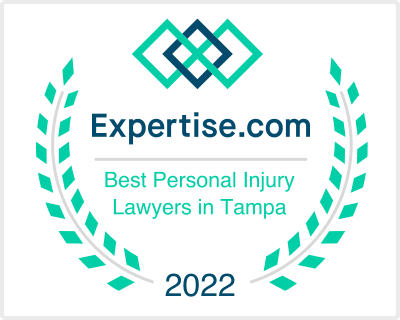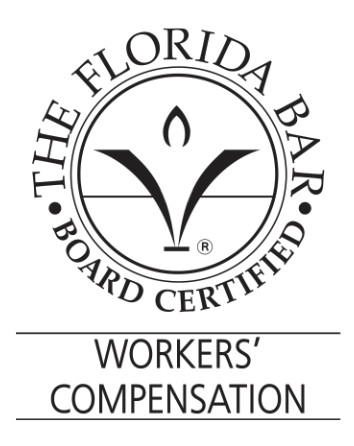Auto Accidents
PH: 813-224-0000
Auto Accident Attorney, Michael Winer states that while car accidents comprise a significant portion of personal injury and wrongful death claims, it would be wrong to think that they are always simple to resolve.
What Should You Do At the Scene of An Accident?
Select a question below, click on the arrow for the answer:
Accidents happen to even the most careful drivers. The immediate shock of an automobile accident may cause feelings of anger and panic. Get control of your emotions and act rationally to assess the situation. Leaving the scene of an accident in Florida can be a felony with a maximum penalty of five years in prison and a $5,000.00 fine. There is seldom an excuse for leaving the scene of an accident.
After you determine whether you are injured check and see if anyone else is injured. If someone is seriously injured you have a duty to render aid and call an ambulance. Florida law requires that you to give reasonable assistance to any injured person. However, you should not attempt to provide treatment to someone unless you are trained in first aid. Even with good intentions you may make the injury worse if you do not know what you are doing. Do not move anyone who is badly injured unless there is a danger for greater injury by leaving them alone.
The police usually respond quickly to most accidents but not always to minor ones. They are more likely to be interested in filing an accident report if there were any laws broken, drugs or alcohol involved, injury to anyone, or substantial damage to cars or property. A written report is required by the State of Florida for every accident involving personal injuries or property damage in excess of $500.00. If the police do not come to the scene, you should file your own report by going to a police station or sheriff’s office and asking for a “Drivers Report of Traffic Crash” form. The report is simple to fill out, and must be mailed to The Department of Highway Safety & Motor Vehicles, Attention Traffic Crash Records, Tallahassee, Florida 32399. Filing a crash report is especially important if you need to make an uninsured motorist claim with your insurance company.
Auto Accident Attorney Tampa says, after the police and ambulance have been called, it is very important to preserve the evidence of exactly what occurred. Unfortunately, as time passes, memories begin to fade, debris and pieces of the wrecked cars may be moved or lost or valuable witnesses may leave the scene. Therefore, it is best to start preserving the evidence as quickly as possible.
This means doing the following:
- Find Witnesses: As soon as possible get the names, addresses and phone numbers of anyone who has witnessed the accident. Ask them to write down what they saw or know, or at least have them tell you what they saw so that you can write it down and use the information later. Also try to record where the witnesses were located when the crash occurred. It is surprising and often disappointing to realize that memories fade over time; and if you do eventually go to court, written notes of what a witness said can sometimes make the difference in winning or losing your case.
- Exchange Drivers’ Information: Florida law requires that you provide the other driver involved in the accident with your name, address and vehicle registration number, and that you show them your own driver’s license. You also need to see their driver’s license and record their name, driver’s license number and address. It is also important to record their license tag number, registration number, the make, color and year of the other car and to obtain as much information as you can about their insurance. Find out who owns the car and get the names and addresses of all the passengers. They are likely to end up as witnesses to the crash, and they may be needed later for your claim.
- Take Photographs: Use your phone to take photographs of the accident that include the damaged vehicles, the streets in all directions, skid marks and traffic signs. Also take pictures of the accident from the direction of travel of each of the cars involved. Video is even better and if someone has been severely injured, photographs of their injuries may be very useful.
- Go To The Hospital: You need to see a doctor as soon as possible. Serious injuries do not always show immediate symptoms and it is better to be safe than sorry! By going to a hospital emergency room immediately after the crash, your injuries will be written down by a doctor. In addition, if you have permanent injuries that do not heal and you went to the hospital immediately following the crash, it will be easier for your regular treating physician, your insurance company and the other driver’s insurance company to understand that your permanent injury was caused directly by the crash and not caused by another injury you may have suffered prior to or following the crash.
When The Police Arrive: Show the police officer your driver’s license, registration and proof of insurance. Remain calm and answer the questions the police officer asks. Explain how the accident occurred, who was where, and what color the traffic lights were, etc. Do not admit fault and if you believe that the other driver was drinking, let the officer know why you think that alcohol was involved.
You will probably be asked if you were wearing your seat belt; therefore, make sure that the police officer includes this information in his report. Furthermore, if you have any injuries, be sure to tell the police officer so that he can include that in his report. Do not forget to write down the police officer’s name and ask for the crash report number. Find out when the report can be picked up and always be polite.
Do Not Admit Fault.
Do not comment or volunteer information about the accident to anyone other than the police.
Do not agree to pay for any damages.
Do not sign any papers, especially a release from the insurance company.
However, if you are given a ticket, you need to sign it. This is not an admission of guilt, you are merely acknowledging that you received the ticket.
You need to contact an attorney first and then with the guidance of your attorney, contact your insurance company after the on scene investigation has been completed, usually within 24 hours. You will need to call your insurance company and let them know about the accident and the extent of the damage to all cars, any other property damage and the extent of any known injuries. If you do not report the accident promptly, your insurance company may not honor your policy and may try to deny your claim.
Types of Insurance Coverage:
Personal Injury Protection (PIP) is Florida’s version of No Fault insurance. PIP will pay for your medical bills and/or your lost wages after your deductible has been met. Therefore, even if the accident was completely the other driver’s fault, your PIP coverage will still be responsible for paying your medical bills. Likewise, the other driver who caused the accident will also have his medical bills paid by his own insurance company.
The minimum coverage that must be carried to comply with the law is $10,000 of Personal Injury Protection and $10,000 of property damage liability. Personal Injury Protection insurance will pay you a portion of your lost wages and medical bills if you are involved in a motor vehicle accident, regardless of who caused the accident. That is why this law is sometimes referred to as the no fault law.
Under the Personal Injury Protection law, your insurance company must pay 80% of your reasonable and necessary medical bills incurred as a result of a motor vehicle accident. The law also provides that you may recover 60% of your lost wages. The medical benefits cover all reasonable expenses for necessary medical, surgical, x ray, dental and rehabilitative services, including prosthetic devices. Your insurance company will also pay for necessary ambulance, hospital and nursing services. If a death results from the accident, the personal injury protection insurer may have to pay a death benefit under this policy.
When involved in an automobile accident, individuals seeking PIP medical benefits are required to receive initial services and medical care within 14 days after the motor vehicle accident. Initial services and care are only reimbursable if a lawfully provided, supervised, ordered or prescribed by a licensed physician, licensed osteopathic physician, licensed chiropractic physician, licensed dentist, or must be rendered in a hospital, a facility that owns or is owned by a hospital, or a licensed emergency transportation and treatment provider. Follow up services and care requires a referral from such providers and must be consistent with the underlying medical diagnosis rendered when the individual received initial services and care.
The current law requires that if you do not receive medical treatment for your injuries within two weeks after an incident, by any of the providers listed above, you could be precluded from receiving any PIP benefits. Therefore, it is imperative that if you are injured in an automobile accident that you receive medical treatment within the 14 day time frame. In order to receive the full $10,000 PIP of benefits, you must have an “Emergency Medical Condition”
Emergency Medical Condition: In addition, if you do not have an Emergency medical condition,@ you will not be able to receive more than $2,500 in benefits. Florida law defines Emergency medical condition@ as a medical condition that requires immediate medical attention and could reasonably be expected to result in serious jeopardy to the patient’s health.
Liability coverage is the portion of your automobile insurance that protects you if another driver or a pedestrian makes a claim against you as a result of a car accident.
After you exhaust your PIP coverage, if the other driver has no other insurance or if the other driver has insufficient coverage to compensate you for your injury, your uninsured or underinsured motorist coverage will cover the damages caused by the negligent party. If the negligent party was underinsured, your insurance will cover the difference between your losses and the amount you received from the other party=s insurance company.
Attempting to collect compensation through your uninsured motorist coverage can be complicated, and will likely require the assistance of an experienced attorney. Your insurance company will likely try to limit your payout amount, based on their own investigation of the accident and how much they believe your claim is worth. If you receive an amount that you believe does not properly cover your losses, your attorney may be able to file a lawsuit against your insurance company in an attempt to recover additional compensation.
Property Damage Insurance is another mandatory coverage each car must carry, although you can purchase more property damage insurance than is required by law. This covers damages to another vehicle when you are at fault. However, it is very important to remember that Florida law does not require car owners to carry insurance for any bodily injuries. Somehow the legislature has decided that it is more important to repair vehicles than it is to compensate people who have received life long injuries.
Comprehensive Insurance covers loss or damage to your car resulting from perils such as fire, theft, vandalism, glass breakage, etc.
Collision Insurance pays for damage to your car caused by impact with another automobile or object.
General Questions:
This feature restricts your right to sue for pain and suffering. If your policy has this threshold, in order to sue successfully for pain and suffering, your injury must fit within one of the categories of injury: (1) death; (2) dismemberment; (3) significant disfigurement or scarring; or (4) “Permanent Injury”, which is defined to mean that the body organ or part has not healed to normal function and will not heal to normal function with further medical care. A certification by a doctor as to permanency is usually required.
Don’t talk to an adjuster until you speak to us. Keep in mind the adjuster works for the other driver=s insurance company. Their job is to pay you no money at all or as little as possible.
If you are a Florida resident, you should have PIP (Personal Injury Protection) or no fault coverage. This insurance should cover expenditures whether or not the person seeking benefits is at fault. You may have a deductible associated with your PIP coverage, but after that, you can expect the insurance company to pay at least 80% of your accident related bills and 60% of your lost wages up to $10,000.
In the case of a catastrophic accident with a large amount of expenses, uninsured/ underinsured motorist coverage is critical. Oftentimes, when purchasing insurance, consumers are not aware of the importance of this part of the coverage. If you are involved in an accident with an individual who does not have any or insufficient insurance coverage, the uninsured/underinsured coverage would step in to help make up the difference.
There are many factors in determining the worth of your case including: past medical bills, future medical bills, past lost wages, loss of earning capacity in the future, pain and suffering, emotional distress, loss of enjoyment of life, and others. This must all be considered against factors such as who was at fault and whether or not the doctors will testify your injuries suffered are specifically related to the accident versus a reoccurrence of an earlier injury. It is difficult to give an exact dollar figure to your case until all of the facts are reviewed and considered. However, an initial review could provide an estimate based on what you tell us about your case.
If the case settles before filing a suit and receipt of an answer, our firm would receive a fee of 33 1/3%. If the case should proceed from pre suit to suit and you recover, then our firm would receive a fee of 40%. If you are unable to recover any financial award, we do not collect a fee.
Insurance companies are very aggressive when it comes to protecting their assets. These companies are in business for a profit, and their responsibility is to their shareholders, not you. Therefore, they will make it more difficult for an individual to receive payouts by litigating the case. Litigation can result in going to court, although often, the insurer will wind up settling the case before getting to court. It is a method of dragging out the process and making things more difficult for the plaintiff.
Maximum Medical Improvement is defined as the point in your treatment where the doctor determines that further recovery is not anticipated. Essentially, at that time your treatment shifts from rehabilitative treatment to palliative care. In the case where a permanent injury has occurred, the insurance company wants to know, after receiving maximum medical improvement, what is the permanent impairment rating as determined by your physician? When determining this rating, the physician is required to use guidelines established by the American Medical Association. Essentially, the impairment rating is a basis for evaluation by the insurance company.
In the event the insurance coverage is fully exhausted, a physician may accept a “letter of protection.” Given the medical facility or treating physician accepts it, this allows you to continue receiving treatment until you receive a recovery for your case. Their bills will then be paid out of the amount you receive upon resolving your case.
While every case is different, a typical auto accident case can take from four to eight months to resolve. A case may take longer where ongoing medical treatment is needed to determine the full extent of the client’s injuries and needs for recovery. Obviously, it is important to know the full extent of the damages before a demand for damages is made. This process allows us to ensure an adequate demand for damages is made.
An attorney can examine your situation and provide opportunities to minimize litigation or avoid it altogether. However, when a settlement is not possible (or not in the best interest of our clients), we have a record of successfully litigating cases.
If you need a lawyer to provide creative solutions for your Tampa Bay business, please contact the Law Office of Michael J. Winer, P.A. We are committed to contributing to the success of your business.
Call Today - Injury Attorney - (813) 224-0000
UNPARALLELED SERVICE
MAXIMUM RESULTS
UNENDING DEDICATION
By you using this website and the electronic mailbox contained within, you agree not to transmit any case-related documents, including, but not limited to, pleadings, service of process, correspondence or any other case-related documentation of a time-sensitive nature.
YOU ARE NOT ESTABLISHING AN ATTORNEY-CLIENT RELATIONSHIP BY COMPLETING THIS FORM. YOU ARE NOT A CLIENT UNLESS AND UNTIL YOU RECEIVE A SIGNED WRITTEN REPRESENTATION AGREEMENT FROM THE FIRM.











